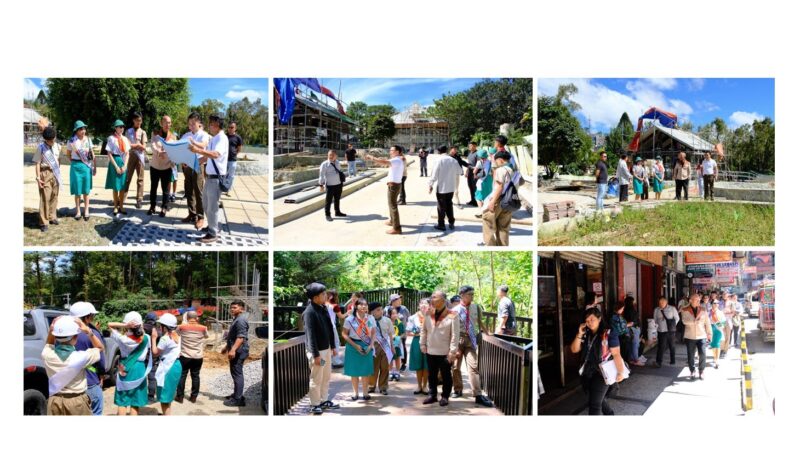Collection of sewerage fees shall be from actual user

The City Council, during last Monday’s regular session, approved on first reading a proposed ordinance amending Section 164 of Ordinance No. 18, series of 2016 to clarify that the collection of sewerage fees provided under Section 163 of the ordinance is only from the actual user.
Under the proposed amendatory ordinance authored by Councilors Peter Fianza, Jose Molintas and Fred Bagbagen, Section 164 of Ordinance No. 18, series of 2016, will be amended by inserting the phrase based on actual use after the fees shall be levied and collected, removing the term and/or between the words owner and administrator and adding the word user in the enumeration of persons from whom the sewerage fees shall be collected.
Section 164 shall read, ‘the fees provided for in the preceding Section shall be levied and collected from owners, administrators, concessionaires and users of establishments, private residences, apartments, commercial buildings etc., whose domestic waste or waste water fluence, whether raw sewage or partially treated sewage, are connected to the sewerage system of the city.
The proposed amendatory ordinance is to reportedly free the city’s Environment Code from any other interpretation in accordance with the cardinal rule that when the law is clear and free from any doubt or ambiguity, there is no room for confusion or interpretation, thus, there is only room for application.
Ordinance No. 18, series of 2016, otherwise known as the city’s Environment Code directs the collection of sewerage for the maintenance and operation of the sewerage system of the city in accordance with the schedule of fees.
The ordinance claimed that while it will appear from the schedule that the different flat rates to be collected was based on the distinctive use of each place that can only mean that the fees are to be paid by the actual user, implementation of the collection of the fees accordingly allowed separate collection of fees from the owner of the structure and also from the user of the place because of Section 164 of the ordinance which provides that the said fees shall be levied and collected from the owners and/or administrators or concessionaires of the establishments, private residences, apartments, commercial buildings etc.
In a legal research entitled and/or or and the proper use of legal language,’ published in the Maryland Law Review, Volume 73..311, the author, expressing that while critics maintain that the term and/or is inherently ambiguous and should be avoided whenever possible which, many detractors would argue, is always, ‘asserted that and/or, however, is not ambiguous at all. It has a definite, agreed upon meaning: when used properly, the construct signifies A or B or both.
The research explained that in most areas of law, there is simply no compelling reason to avoid using and/or. The term is clear and concise. It derives criticism mainly from instances in which people use it incorrectly. Pleadings, contracts, statues, and patent claims all allow for a cogent use of and/or. Conversely, from legal areas such as jury instructions, search warrants and jury verdicts do not typically allow a drafter to provide options, making and/or unsuitable. Despite the few contexts in which and/or should be avoided, the construct should not be discarded simply because individuals occasionally misuse the term. – Dexter A. See






